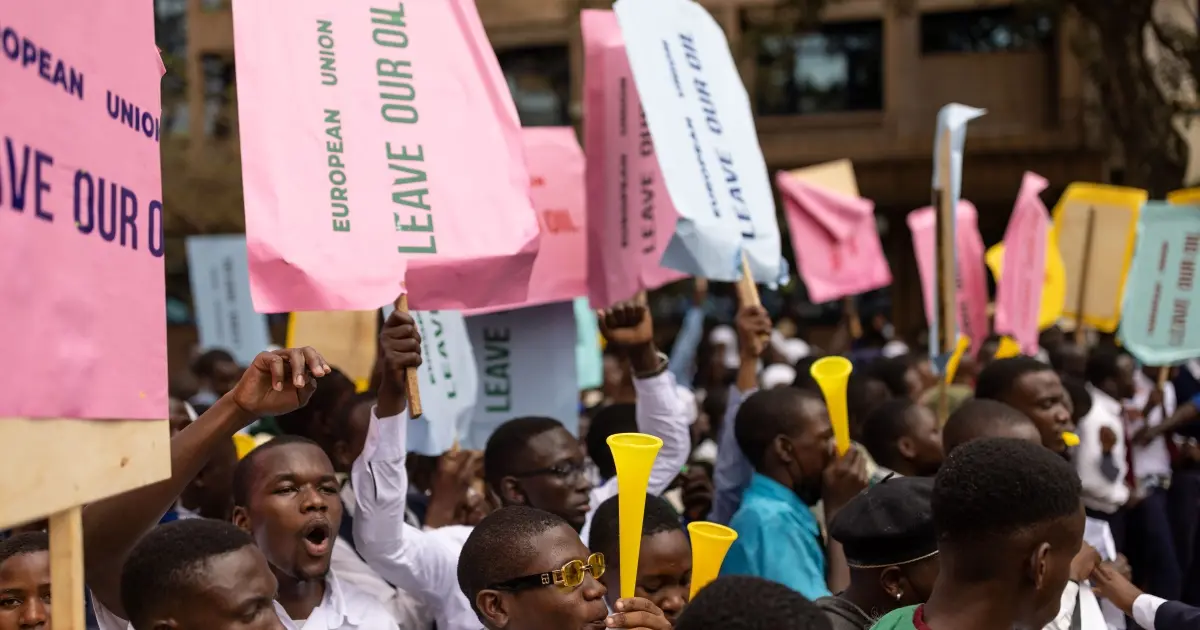In August alone, 72 individuals were arrested while protesting against oil extraction projects, marking a troubling escalation in the crackdown on those who speak out against the environmental and human rights impacts of these ventures in the East African nation.
In a statement released on Friday, the FIDH condemned this “new wave of detentions” and called on Ugandan authorities to immediately cease their persecution of civil society members.
Under the regime of President Yoweri Museveni, the government has intensified its repression against activists opposing large-scale oil projects around Lake Albert.
According to FIDH, at least 81 arrests have been recorded since May 2024, with 72 occurring in August alone.
“The Ugandan authorities must immediately halt their repeated attempts to intimidate defenders and affected communities.
These voices are crucial for protecting human rights and the environment, given the enormous risks posed by these projects,” said Sacha Feierabend, Senior Programme Officer on Business and Human Rights at FIDH.
Uganda and Tanzania have seen a surge in regular protests as the construction of massive oil sites accelerates.
Key projects include the East African Crude Oil Pipeline (EACOP), as well as the Kingfisher and Tilenga projects, operated by French company TotalEnergies and China National Offshore Oil Company (CNOOC), in collaboration with the Ugandan and Tanzanian governments.
The FIDH has reported numerous incidents of legal and psychological harassment, threats, and intimidation against defenders working on these projects, including cases of torture and secret detention.
“Companies and investors involved in these projects have a crucial responsibility to push for stronger accountability and protection measures against these abuses.
They must leverage their influence over Ugandan authorities to end all violence and harassment against human and environmental rights defenders,” added Feierabend.
Uganda has seen a shrinking civic space over the past several years, but the crackdown has intensified in recent months due to increasing protests related to oil projects.
On August 26, 21 activists were arrested in Kampala while marching towards Parliament and the headquarters of TotalEnergies and CNOOC to submit a petition against EACOP.
One activist was released, while the remaining 20 were remanded in custody until September 5 and remain detained. On August 9, 47 students peacefully protesting in the capital were arrested by police but were released the following day.
Earlier, on August 5, three Ugandan activists and one Belgian activist were detained while attempting to reach the Chinese Embassy, before being released, according to the FIDH.
The FIDH continues to call for urgent action to protect the rights of environmental defenders in Uganda, urging the international community and stakeholders to pressure the Ugandan government to respect human rights commitments amid its expanding oil ambitions.




